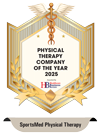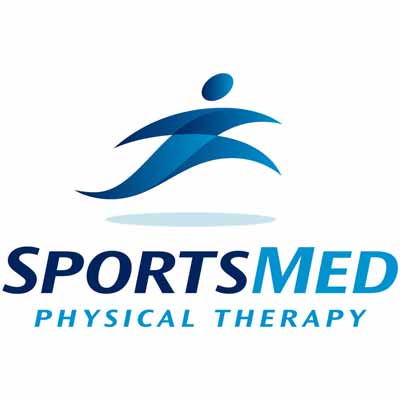 Possibly the most common of knee injures is a ligament tear or strain. The knee has four main ligaments – Anterior Cruciate Ligament (ACL), Posterior Cruciate Ligament (PCL), Medial Collateral Ligament (MCL), and Lateral Collateral Ligament (LCL). These ligaments provide stability for the knee joint and help keep its bones in place.
Possibly the most common of knee injures is a ligament tear or strain. The knee has four main ligaments – Anterior Cruciate Ligament (ACL), Posterior Cruciate Ligament (PCL), Medial Collateral Ligament (MCL), and Lateral Collateral Ligament (LCL). These ligaments provide stability for the knee joint and help keep its bones in place.
Injuries to ligaments, sprains, and are categorized as follows:
- Grade 1 – Little damage, mostly due to being over stretched. Still has ability to provide stability.
- Grade 2 – Overstretched and partially torn ligament.
- Grade 3 – Complete tear of the ligament and it is no longer able to provide stability.
In this article we will cover the PCL sprain, a cruciate ligament, and the effect an injury has on the knee joint. Cruciate ligaments prevent forward and backward movement of the knee. They are found on the inside of the knee and cross each other to form an ‘x’. The PCL is in the back connecting the tibia (shin bone) to the front of the femur (thigh bone) and the ACL is in the front connecting the tibia to the back of the femur.
The PCL
The PCL is a very strong ligament and its job is to prevent the tibia or femur from sliding too far backward.
It is less common to injure the PCL than the ACL because of the thickness of the ligament. That being said, the PCL can still be injured and it occurs when there is a blow to the front of the knee while bent. Examples of this include a bent knee hitting the dashboard of a car during an accident, front tackle, or falling with a bent knee.
Symptoms of a PCL Sprain
- Pain
- Stiffness
- Swelling
- Difficulty in certain ranges of motion (ROM)
- Unstable Knee
- Trouble with weight bearing
[divider height=”1″ width=”250px” bg_color=”#34ceda” margin_top=”20″ margin_bottom=”20″ alignment=”center” display_icon=”off” /]
In need of PCL Rehabilitation? Schedule an Appointment Today!
If you have any questions, or want a consultation with a professional, feel free to call, or schedule an appointment online at any of our Bergen County or Passaic County offices in New Jersey. Choose from Glen Rock, Franklin Lakes, Fair Lawn, Ho-ho-kus/Ridgewood, and/or Clifton – we make it possible for you to visit any of our offices at your convenience.
[divider height=”1″ width=”250px” bg_color=”#34ceda” margin_top=”20″ margin_bottom=”20″ alignment=”center” display_icon=”off” /]
Treatment for PCL Sprain
Treatment will depend of the severity of the injury and if other soft tissues are affected. For Grade 3 sprains, surgery is the only way to fully fix the PCL, since it is a total tear. Unlike the ACL, it is possible to reattach fibers of a torn PCL if there is enough good tissue left. If not, a reconstruction is done using a graft from a tendon (usually the patellar tendon). A torn PCL may not always require surgery and in those instances, physical therapy is preferable. Always get the opinion of a medical professional before choosing the best route for you.
PCL exercises should be started as soon as some weight can be placed on the injured leg. Exercises for PCL rehab focus on quad muscle strength and knee stabilization.
Exercises To Strengthen the PCL
Straight Leg Raises
[youtubeVideo id=”Oap-PFVuFHc” height=”250″ /]
Wall Squats
[youtubeVideo id=”c5gyakon2_E” height=”250″ /]
Step Ups
[youtubeVideo id=”j_FG0quhQMQ height=”250″ /]
NOTE: Always do exercises in the ROM that does not cause pain.
[footer title=”Do you, or someone you know need PCL rehabilitation? We can help you with a simple consultation.”]





